In the US, the wealthy continue to spend on travel and other products while the general public cuts back. Airlines such as United and Delta report high demand for premium fares despite a slowdown in domestic travel. Major hotel brands such as Hilton and Hyatt also report good signs in the luxury segment.
According to Tom Marchant, co-founder of luxury travel company Black Tomato, there are four types of trips that are popular with wealthy travelers. The average price for a trip organized by Black Tomato is about $40,000 and can go up to hundreds of thousands of dollars.
Marchant said the company’s customers are often not so much interested in where they go as they are in the experience. Instead of focusing on specific destinations, luxury travelers are looking for specific emotions or experiences. Earlier this year, the company launched its “Feelings Engine,” an AI-powered tool to help users plan trips based on emotions like relaxation, challenge, freedom, and motivation.
Here are four types of trips that are popular among the super-rich right now.
Experience the challenge
Black Tomato has seen a rise in travelers seeking challenging experiences that require effort rather than just money.
“They have a desire to challenge themselves through a hike, a long journey, or to go to a place that is culturally overwhelming,” Marchant says.
These trips are an antidote to the realities of everyday life, where almost everything is just a click away. This type of travel is popular with solo travelers, couples, and families looking to get out of their comfort zones.
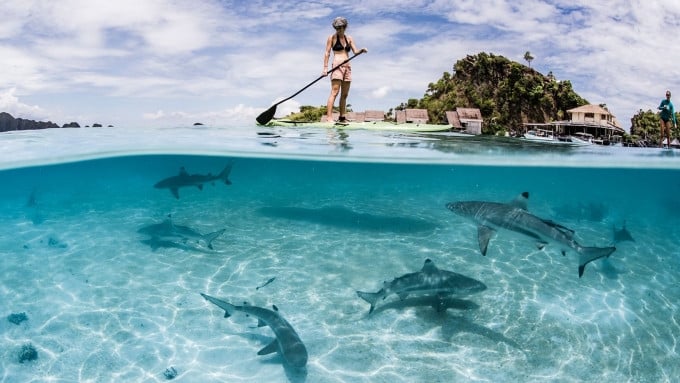
For example, Black Tomato's "Get Lost" trips drop off customers in a remote destination and provide them with the supplies to find their way back to civilization in a few days. Esther Spengler, a Black Tomato customer, said her $13,000 "Get Lost" experience in Morocco felt more like an "adventure" than a vacation.
Other challenging experiences the company organizes include river rafting in Papua New Guinea, mountain climbing in Japan or off-road driving through salt flats in Botswana.
Seeking silence
For many wealthy travelers, the goal of a vacation is to escape the noise of everyday life. These travelers don't necessarily want to completely disconnect from the world . They want to go somewhere with minimal background noise or noise pollution.
“More and more people are looking for really quiet places where they can reflect or just feel,” he said.
Around the world, there is a growing trend to preserve quiet places, and visitors are seeking out “quiet parks” – places that offer the opportunity to experience relative silence or just the sounds of the natural world.
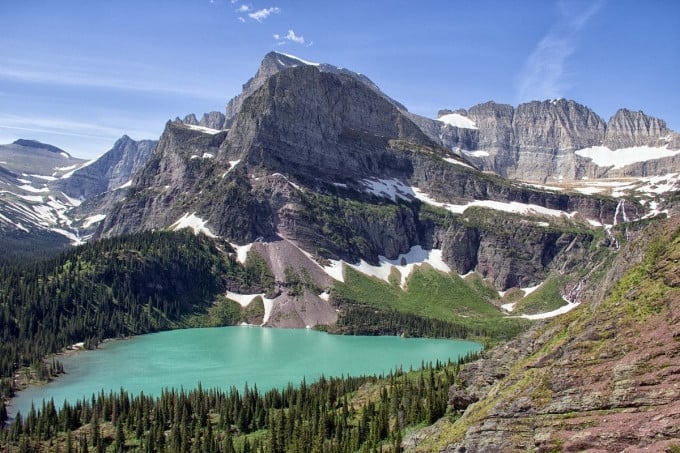
In 2019, the nonprofit Quiet Parks International designated the Zabalo River in Ecuador as its first Quiet Wilderness Park. Glacier National Park in Montana was the first U.S. national park to receive the designation.
One aspect of this trend, Marchant said, is the “reading week.” Travelers want to go to a quiet place primarily to read, reflect, and be free of distractions. He said book trips are especially popular with business executives, who rarely have time to read without being distracted by work.
Admire natural phenomena
Traveling to see natural phenomena is a trend at Black Tomato. The company plans trips around natural events that may only happen once in a lifetime.
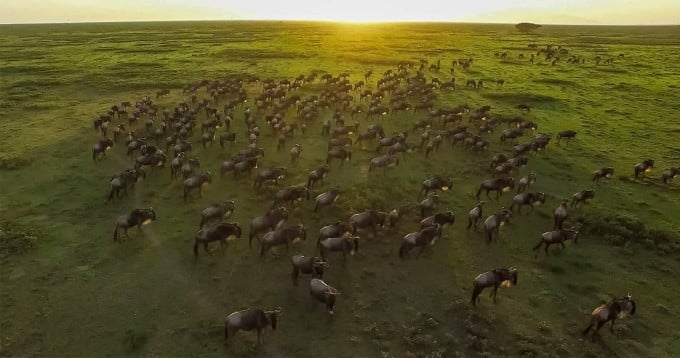
A few years ago, they built a camp in the mountains of Patagonia for guests to view a total solar eclipse in luxury. Traveling to witness natural phenomena such as eclipses, auroras or animal migrations can be especially appealing to the wealthy because it offers an experience that is far removed from their daily lives.
Many of the company's clients live in Los Angeles, so traveling to a place with a beautiful mansion, a luxury pool and pleasant weather is less appealing.
"They have enough at home," he said.
Spiritual therapy
More and more travelers are using travel as a way to slow down and reassess aspects of their lives, from work, family, relationships, to health. These trips take customers to places where they can immerse themselves in a community that has a different or interesting perspective on the fundamentals of life.
One example is tourism to Blue Zones – “green areas” where people have longer life expectancies – which has seen an increase in visitors since the concept was popularized.
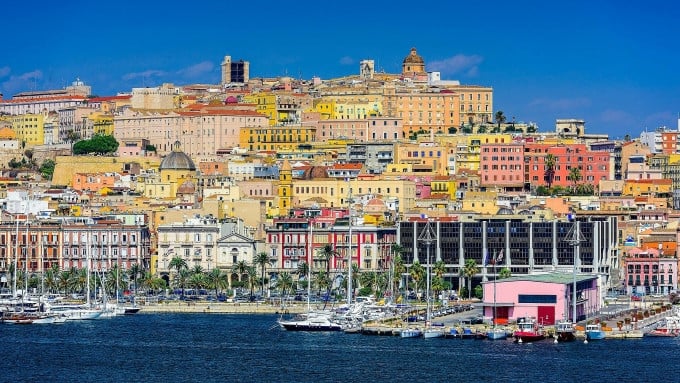
The popularity of self-improvement retreats or psychedelic use is particularly appealing to business leaders. Marchant argues that the world’s abundance and hyper-connectivity have made the wealthy more eager than ever to disconnect and explore off-the-beaten-path destinations.
Source: https://baoquangninh.vn/4-kieu-du-lich-thinh-hanh-trong-gioi-nha-giau-3357777.html



![[Photo] 60th Anniversary of the Founding of the Vietnam Association of Photographic Artists](/_next/image?url=https%3A%2F%2Fvphoto.vietnam.vn%2Fthumb%2F1200x675%2Fvietnam%2Fresource%2FIMAGE%2F2025%2F12%2F05%2F1764935864512_a1-bnd-0841-9740-jpg.webp&w=3840&q=75)


![[Photo] National Assembly Chairman Tran Thanh Man attends the VinFuture 2025 Award Ceremony](/_next/image?url=https%3A%2F%2Fvphoto.vietnam.vn%2Fthumb%2F1200x675%2Fvietnam%2Fresource%2FIMAGE%2F2025%2F12%2F05%2F1764951162416_2628509768338816493-6995-jpg.webp&w=3840&q=75)




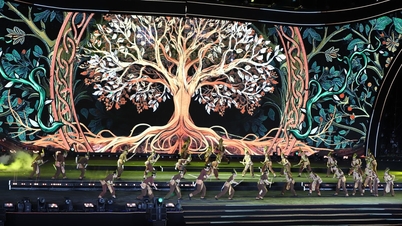

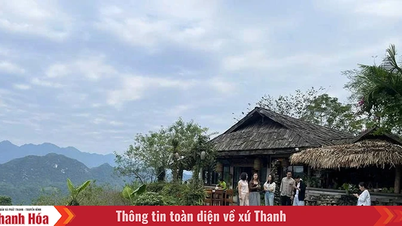


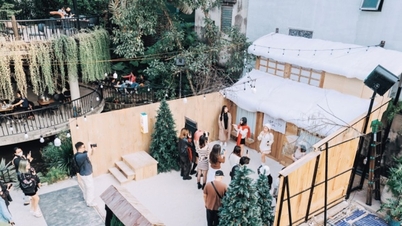






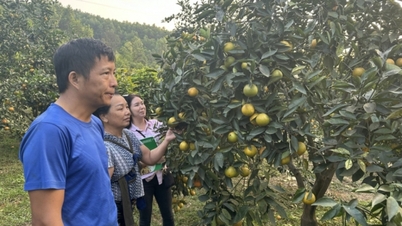


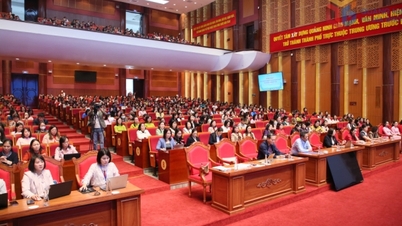






















































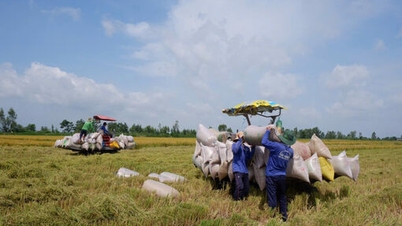


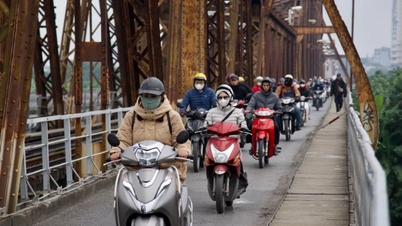






















Comment (0)